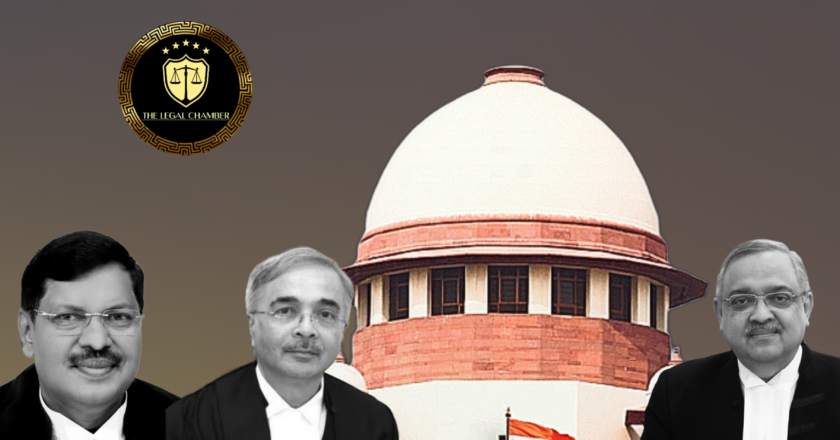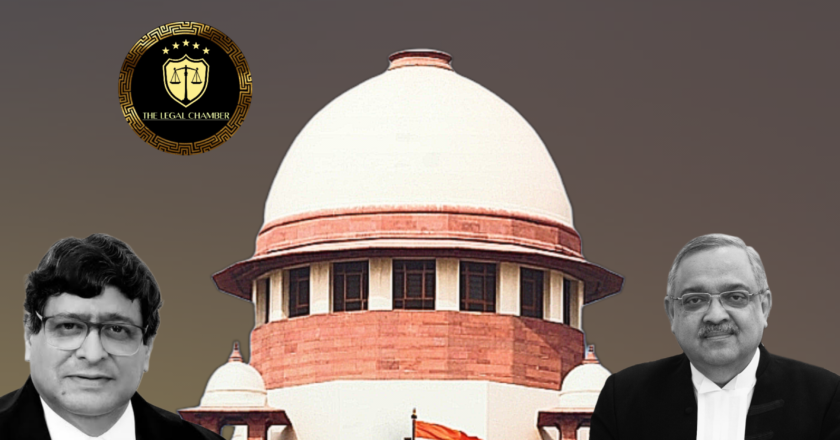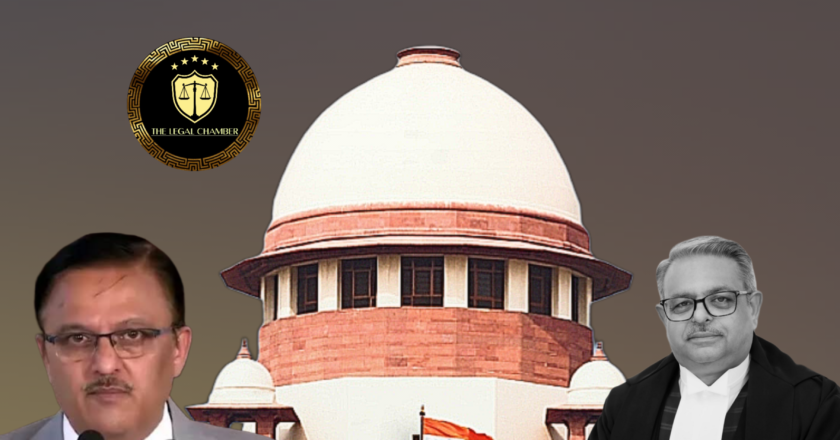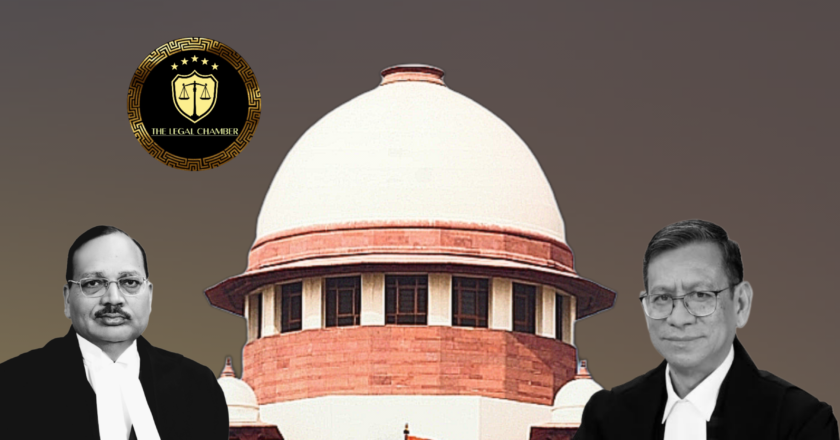Supreme Court Rules: Private Schools Can Sue in Civil Court to Recover Unpaid Fees
The Supreme Court held that the civil courts retain jurisdiction to adjudicate fee recovery suits filed by unaided private schools, as there is no express or implied ouster of jurisdiction under the Haryana School Education Act and Rules. The statutory remedy before the Fee and Fund Regulatory Committee is available only to parents/students to challenge excessive fees, not to schools for recovery.
Facts Of The Case:
The appellant, Apeejay School, an unaided private institution, filed suits for recovery of fees against students and their parents. The dispute arose from a fee hike implemented by the school for the academic year 2009-10, which the respondents refused to pay, continuing instead to remit only the pre-hike amount. The school's suits were initially decreed by the trial court. W...



